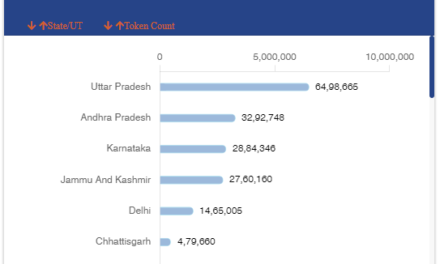A groundbreaking study has revealed a significant link between the shingles vaccine, Zostavax, and a reduced risk of dementia, potentially opening new avenues for dementia prevention. The research, published in Nature on April 2, analyzed the health records of over 280,000 older adults in Wales, capitalizing on a unique vaccine rollout policy that created natural comparison groups.
The study found that individuals who received the live-attenuated shingles vaccine had a 20% lower probability of developing dementia over a seven-year period. This translates to a 3.5 percentage point reduction in dementia diagnosis rates.
“Shingles vaccination is recommended for older adults. If the shingles [vaccine] has a benefit for dementia delay or prevention in addition to its preventive benefit for shingles, then this is all the more reason to get vaccinated,” stated study investigator Pascal Geldsetzer MD, PhD, MPH, of Stanford University.
The researchers leveraged a natural experiment in Wales, where vaccine eligibility was determined by a strict date-of-birth cutoff. This allowed for a comparison between groups with minimal differences other than vaccine eligibility, mimicking a randomized controlled trial. “This is just like a randomized trial. We have a vaccine-eligible and a vaccine-ineligible group for which we know that they should be, on average, similar to each other, and therefore good comparison groups, because all that’s different about these two groups is if they were born a few days earlier or a few days later,” Geldsetzer explained.
The study also replicated its findings in datasets from other countries, including England, Australia, New Zealand, and Canada, reinforcing the consistency of the results. The protective effect was notably more pronounced in women.
Experts emphasize the profound implications of these findings. “Although it is still unclear precisely how herpes zoster vaccination lowers the risk of dementia, the implications of the study are profound,” wrote Anupam Jena, MD, PhD, of Harvard Medical School and Massachusetts General Hospital.
Courtney M. Kloske, PhD, Alzheimer’s Association director of scientific engagement, highlighted that this study supports previous research linking other vaccinations, such as flu and pneumonia, to reduced dementia risk. “This new study adds to our current knowledge by suggesting the shingles vaccine may also reduce someone’s risk of developing dementia,” Kloske noted.
Geldsetzer is now advocating for a large, randomized controlled trial to further investigate the neuroprotective effects of the live-attenuated zoster vaccine. It is currently unknown if the newer Shingrix vaccine provides similar or greater protection against dementia.
Disclaimer: While this study presents promising findings regarding a potential link between the shingles vaccine and reduced dementia risk, it is important to note that this is preliminary research. Further studies, including randomized controlled trials, are necessary to confirm these results and understand the underlying mechanisms. This information should not be interpreted as medical advice. Individuals should consult with their healthcare providers to discuss vaccination options and any concerns related to dementia risk.(https://www.medscape.com/viewarticle/new-level-evidence-links-shingles-vaccine-lower-dementia-2025a10007y2)












